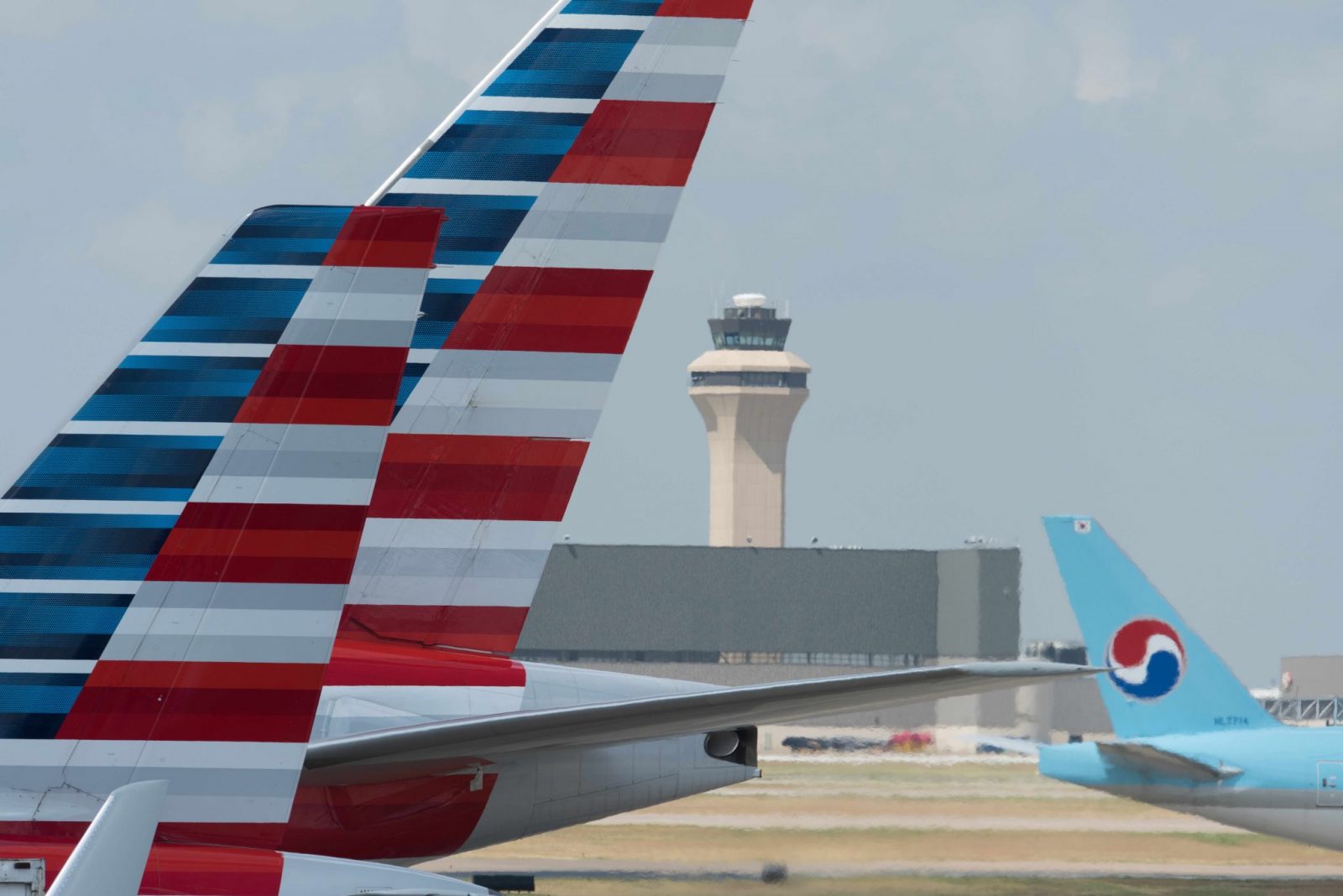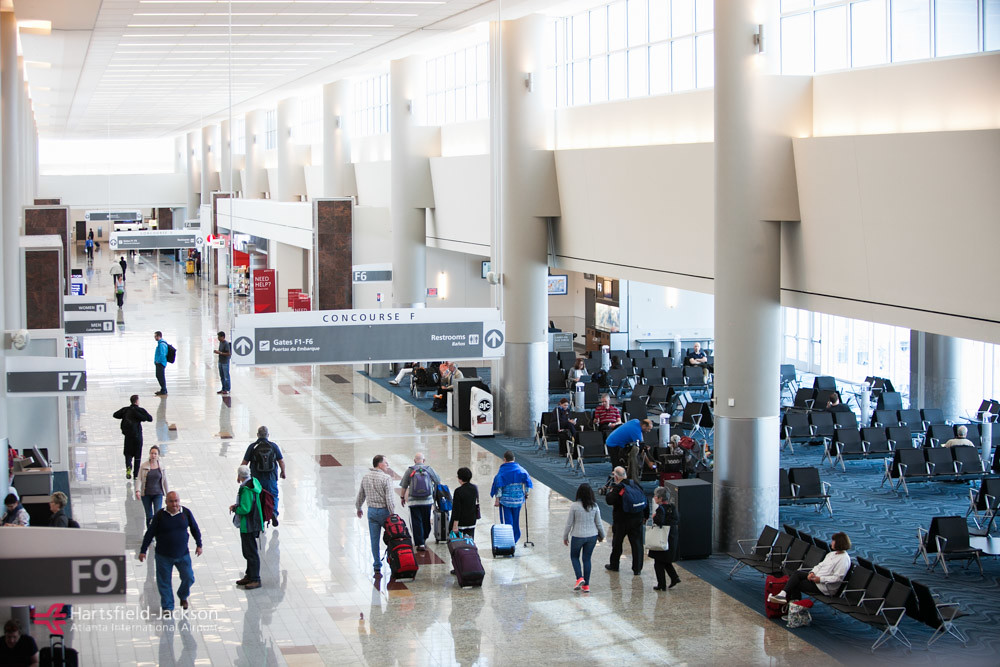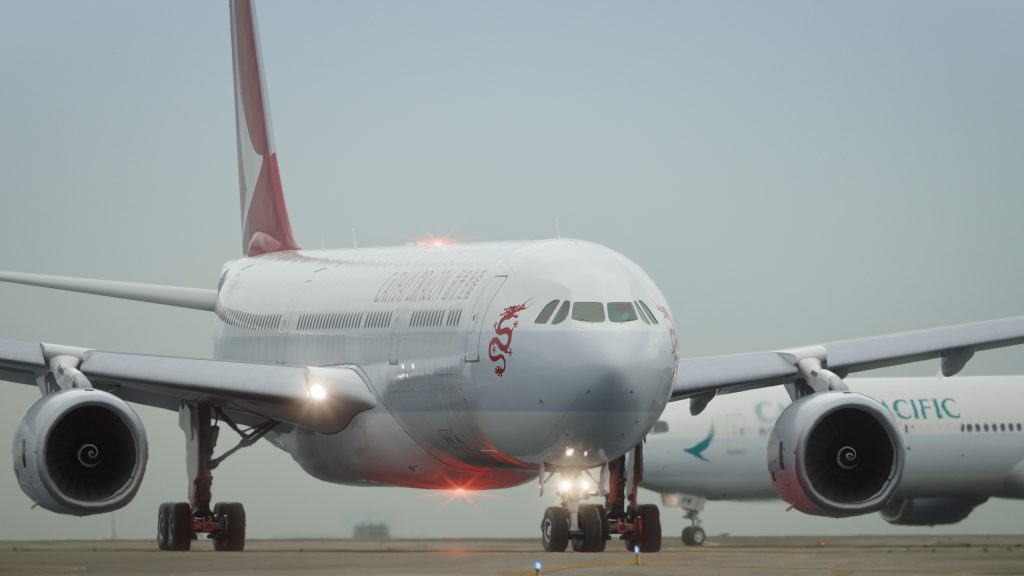
Flight attendants at American Airlines have been told they are allowed to wear surgical face masks when operating flights to and from China. The new policy applies to flights to Beijing (PEK) and Shanghai (PVG), as well as Hong Kong (HKG). While Delta has not yet adjusted its policies to allow flights attendants the option of wearing disposable protective face masks, United Airlines has also confirmed its flight attendants can wear masks and will be making them available on flights.
The decision by American Airlines and United to ease their uniform policy comes as the Centers for Disease Control and Prevention (CDC) confirmed that a second case of the Wuhan Coronavirus had been detected in a patient in the United States. The patient, who had recently returned to the Chicago area after travelling to Wuhan in central China contacted health care providers after developing symptoms several days later.
In China, authorities have now confirmed that the death toll from the SARS-like virus has risen to 41 and at least 1,287 cases have been identified. 56 million people living on the Chinese mainland have been placed in lockdown to stop the spread of the mystery illness but cases have already been confirmed in countries around the region, as well as in Europe and Australia.

The CDC has ramped up its efforts to proactively identify potentially infected passengers arriving on U.S. soil from China with screening programmes now operating at five major airports around the country, including Atlanta (ATL), Chicago (ORD), Los Angeles (LAX), New York (JFK), and San Francisco (SFO).
According to the CDC, around 2,000 passengers on approximately 200 flights have already been screened at the designated airports but no cases have been identified. As the incubation period for the virus is around 14-days, such screening programmes are far from failsafe.
A spokesperson for United Airlines said it was loading “special sanitary materials, including extra masks, hand sanitizers and soaps” on flights to and from China. While there’s not currently any impact on United’s operations to the country, the airline has a travel waiver in place should customers want to cancel or defer their travel plans.
“Our corporate medical, safety, inflight and flight operations teams continue to meet regularly and are well prepared to take any additional steps to further ensure the safety of everyone onboard our aircraft and in our facilities,” the spokesperson explained. “We remain in close contact with authorities in the United States and Asia, as well as the CDC, to ensure the safety of our customers and employees,” the statement continued.
Last week, both China Airlines and Cathay Pacific permitted its cabin crew to wear the face masks on all flights as an extra layer of protection. Singapore Airlines also confirmed it would make face masks available to its crew on flights to and from “affected stations” – the airline did not detail which stations were currently receiving the supplies.
The flight attendants union at Cathay Pacific had warned of potentially “catastrophic” consequences if one of its members caught the virus after originally being banned from wearing face masks. The airline initially only allowed crew to wear the masks on flights to Wuhan, then to mainland China, before extending the policy systemwide.
But it wasn’t until Chinese authorities put Wuhan into lockdown, shutting down public transport and closing the city’s airport, that Cathay Pacific suspended flights operated by its regional subsidiary Cathay Dragon. Flights have been cancelled between Wuhan and Hong Kong until at least 29 February.

That decision has come in for heavy criticism from a flight attendants association that represents crew at Cathay Dragon. In a Facebook post, the Hong Kong Dragon Airlines Flight Attendants Association said Cathay Pacific had ignored the safety of its staff and is calling on the airline to offer paid leave to any crew member who operated flights to Wuhan within the last week until the incubation period is over.
Unlike American Airlines, most European airlines have not instigated any additional protective measures aside from normal communicable disease controls. Both KLM and Finnair said they were closely monitoring the situation and following the advice of the World Health Organisation (WHO) and the International Air Transport Association (IATA) as well as national organisations. [Finnair has since started allowing its cabin crew to wear face masks]
In an emailed statement, Delta said it was taking the matter seriously and is “in communication with the Centers for Disease Control and Prevention along with other health officials.”
“We are working with the CDC on the necessary steps to ensure the safety of our customers and crew,” the statement continued.
The WHO has stopped short of declaring the new Coronavirus a public health emergency of international concern and is advising international travellers to observe normal health precautions. The advice includes frequent hand washing, covering your mouth when coughing or sneezing, avoiding close contact with anyone who has a fever or cough, and seeking early medical care if you are suffering from a fever, cough or have difficulty breathing.
Mateusz Maszczynski honed his skills as an international flight attendant at the most prominent airline in the Middle East and has been flying ever since... most recently for a well known European airline. Matt is passionate about the aviation industry and has become an expert in passenger experience and human-centric stories. Always keeping an ear close to the ground, Matt's industry insights, analysis and news coverage is frequently relied upon by some of the biggest names in journalism.







